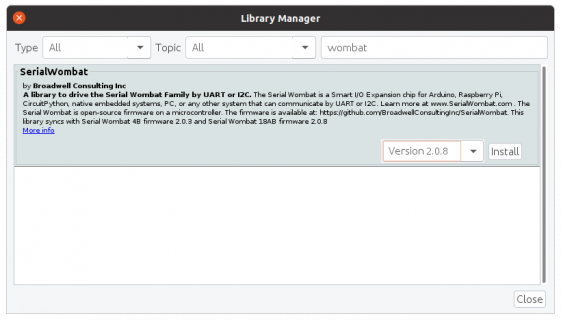I am using a Teensy 4.1 and the Audio shield with a simple program that mixes two WAV files. Also connected are two I2C devices, one on Wire1 and the other on Wire2. (One is a button input device and the other is output relay device.)
If I am playing one of the WAV files (either one), everything works as expected. If I play both WAV files at the same time, the other two I2C devices stop working. Once one of the second WAV files stops playing (either one) the other I2C devices start working again.
Also, this is the same whether I use the SD card on the Teensy 4.1 or the Audio Shield SD card.
Looking at the input I2C device data through the serial monitor, it looks like Wire1 and Wire2 are getting corrupted data when a second WAV is played/mixed.
Any idea what I might be doing wrong? What am I missing? Is this normal? I can provide any other information as needed.
If I am playing one of the WAV files (either one), everything works as expected. If I play both WAV files at the same time, the other two I2C devices stop working. Once one of the second WAV files stops playing (either one) the other I2C devices start working again.
Also, this is the same whether I use the SD card on the Teensy 4.1 or the Audio Shield SD card.
Looking at the input I2C device data through the serial monitor, it looks like Wire1 and Wire2 are getting corrupted data when a second WAV is played/mixed.
Any idea what I might be doing wrong? What am I missing? Is this normal? I can provide any other information as needed.


